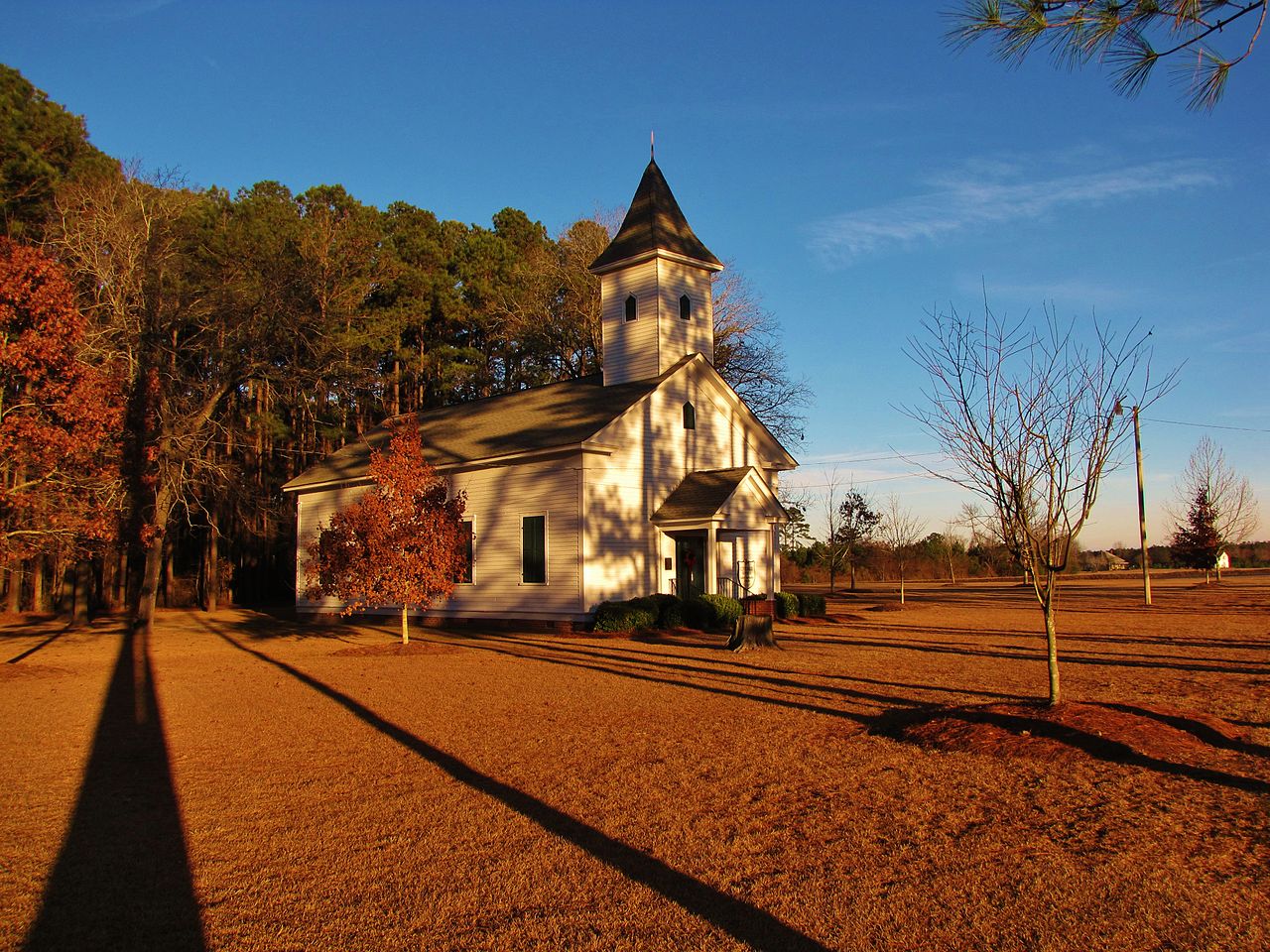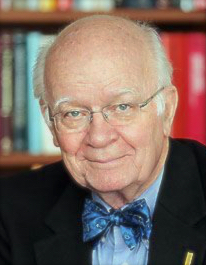Meanwhile, United Methodists...
Editor's note: Sightings will be taking a short break for the Thanksgiving holiday
Editor's note: Sightings will be taking a short break for the Thanksgiving holiday. We'll be back Thursday, December 1st!
 Give us Sightings folks a headline with the phrase “Public Church” in it, and we are poised to follow through. The Center from which these lines are emitted is, after all, dedicated to the mission of reporting and reflecting on “public religion,” “public theology,” etc. From the beginning, the shapers of this vision have insisted that, e.g., “public religion” not be equated with “political religion,” into which it can so easily be collapsed. Of course, we “sight” religion and politics, but public religion is also manifest in popular culture, the arts, the academy, and so much more.
Give us Sightings folks a headline with the phrase “Public Church” in it, and we are poised to follow through. The Center from which these lines are emitted is, after all, dedicated to the mission of reporting and reflecting on “public religion,” “public theology,” etc. From the beginning, the shapers of this vision have insisted that, e.g., “public religion” not be equated with “political religion,” into which it can so easily be collapsed. Of course, we “sight” religion and politics, but public religion is also manifest in popular culture, the arts, the academy, and so much more.
To the point today: the General Board of Church and Society of the United Methodist Church sent us a review, by Dr. Jennifer M. Smith, of Darryl W. Stephens’s book Methodist Morals: Social Principles in the Public Church’s Witness. (See “Resources” for the link.) From Smith we learn that Stephens concentrates on the United Methodist “Social Principles”: where they come from, how they are serving, and what lies ahead. We read that in 2016 the General Conference of the United Methodist Church charged “Church and Society” with bringing recommendations to revise these Principles, to make them more “concise, theologically grounded, and globally relevant.”
A quick review: the Principles were spurred by the Social Gospel and ecumenical movements of the early 20th century. After Methodists merged into “united-dom,” the General Conference approved the document. But now, Smith contends, its re-revisers have to draw more on “sources of wisdom” including Scripture, history, and tradition. “It’s about time!” we can hear from the many conservative Methodists who have never tired of criticizing the Principles. The Stephens book also draws on modern traditions, as exemplified by two superstar Methodist ethicists, Paul Ramsey and Stanley Hauerwas, who did not agree with each other all the time, but who would have agreed that revising “Social Principles” is a never-finished task because of “The Challenges of Worldliness,” the title of Stephens’s last chapter.
United Methodism is prospering in Africa and elsewhere, even as it un-prospers in North America. The two spheres just mentioned are at odds over—you guessed it—sexual ethics and practices related to gender. This is not the place to expound the Principles or to debate them; rather, we use this issue as a reminder to ourselves and our readers that the preoccupying political order does not have an exclusive claim to social and spiritual agendas, agendas which are often overlooked in polarized and screeching America. Social principles, or “Social Principles,” are regularly acted upon in congregations, causes, cells, and voluntary associations by millions of believers. Giving attention to them afresh should be rewarding in a time of exhaustion over media-enshrined public disputes.
If United Methodists, who are listed at the head of the 15% of Americans who get slotted as “Mainline Protestants,” revisit and recover their central bases—e.g., in “Scripture, history, and tradition”—they will not need to wait for or rely on debates over LGBT rights and same-sex marriage and clerical sexual or financial scandal to make headlines in the public media. Or, if and as they go unnoticed but tend to their business preaching and exemplifying the words and works of justice and mercy, consolation and healing, they can escape the horrors of political family quarrels at the Thanksgiving dinner table, and find much for which to be thankful, including the “Social Principles” of their communions. (See below for some “Holiday Help for Hopeful Conversations” from the same General Board.) Happy Thanksgiving!
Resources
- Christie, Neal. “Holiday Help for Hopeful Conversations.” United Methodist Church General Board of Church and Society website. November 12, 2016.
- Smith, Jessica M. “Book review: Methodist Morals: Social Principles in the Public Church's Witness.” United Methodist Church General Board of Church and Society website. November 14, 2016.
- “Social Principles and Social Creed.” United Methodist Church website. Accessed November 19, 2016.
- Stephens, Darryl W. Methodist Morals: Social Principles in the Public Church's Witness. University of Tennessee Press, 2016.
- Woodward, Chris. “United Methodist decline due to liberal theology takeover.” OneNewsNow.com. January 29, 2015.
Image: Historic Centenary United Methodist Church on Highway 130 between Fairmont and Rowland in Robeson County, North Carolina | Photo credit: Gerry Dincher / Wikimedia Commons (cc)
 Martin E. Marty is the Fairfax M. Cone Distinguished Service Professor Emeritus of the History of Modern Christianity at the University of Chicago Divinity School. His biography, publications, and contact information can be found at www.memarty.com. Martin E. Marty is the Fairfax M. Cone Distinguished Service Professor Emeritus of the History of Modern Christianity at the University of Chicago Divinity School. His biography, publications, and contact information can be found at www.memarty.com. |
Sightings is edited by Brett Colasacco, a PhD candidate in Religion, Literature, and Visual Culture at the University of Chicago Divinity School. Click here to subscribe to Sightings as a twice-weekly email. You can also follow us on Twitter.


